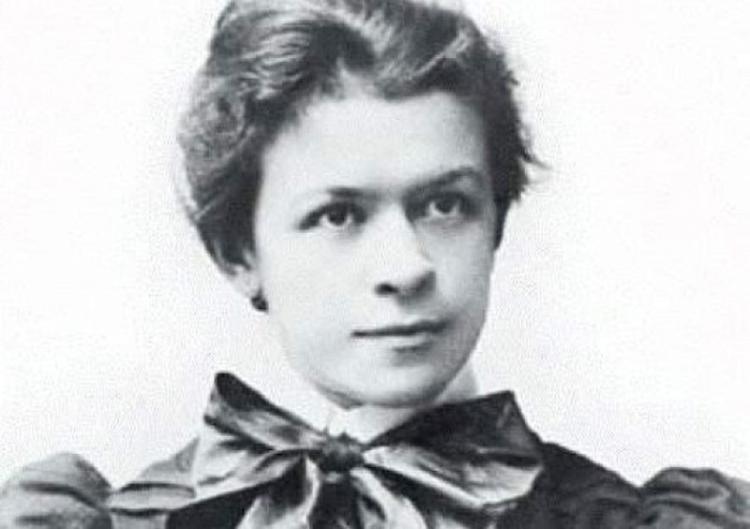If you are like me, then her name doesn’t even ring a bell. It didn’t for me at first either. She is just another fatality in the patriarchy’s tendency to give husbands all of the credit when the wives are the ones who deserved it, or at least some of it, and Mileva Marić had perhaps the most famous husband in all of history: Albert Einstein. To her detriment, in my opinion.
She overcame the greatest of odds to enter into schools that were only for boys in order to study math and physics, and over and over again she had to prove her worth, and did: through her grades and her studies. Time and again she was the only female in her cohorts, and often one of the first women to enter, such as when she studied at what was then called Zurich Polytechnic and later became known as Eidgenössische Technische Hochschule (she was only the fifth woman to have studied there). That is also where she met Einstein, and where they collaborated together in research, and her eventually pregnancy by him signaled the end of her studies and research. One is simply obligated to wonder what she would have went on to do had she not met Einstein, or become pregnant, or married him.
Numerous officials (men) have all rejected the claim that Marić contributed to Einstein’s research; a story women are well familiar with. But a scholar who saw the original manuscript of the relativity paper attested that Marić’s name was on it but then left off of the article when it was published. Things like this shouldn’t be so hard to believe nowadays when we have seen them happen again and again. Even when men were supportive of their wives studying and researching with them, like in the case of Marie Curie, they were still ignored. Curie’s husband basically had to shout “It was all her!” and leave the room until someone finally paid her attention.
Marić and Einstein went on to have two more children together, and when Einstein was offered a teaching position at a university in Berlin, their relationship began to break down. Marić did not want to go and was not happy in Berlin, and eventually left for Zurich with their children, and after five years of separation they divorced. To Einstein’s credit, he supported them even after remarrying, and put his Nobel Prize winnings in trust for his sons, allowing Marić to withdraw the interest in order to support herself and the children.
She died at the age of 72 in Zurich, and various memorial plaques and statues have been raised in her honor both on the campus of her first school in Serbia, and also in the house where she lived until her death.
Her story is much more complex (and interesting!) than I have made it out to be here, and in the interest of keeping this short-ish, I only summarized the high points. I recommend you do some additional reading on this outstanding woman who was lost to history but now will be found, thanks to all of us keeping her story alive.
